College of Human Sciences
Young Academics Programme: Developing future leaders in CHS
Piloted in 2008, the Young Academics Programme (YAP) has become one of Unisa’s most successful initiatives. YAP, which is part of HR Development's capacity-building initiatives, speaks to the need to build a visible critical mass of high quality academics.
YAP seeks to develop young (under the age of 35), promising, and talented individuals for the future in terms of academic development and management development. The programme provides the selected young academics with the knowledge and skills required to be top achievers and enables them to assume leadership roles within their academic departments, colleges, and in turn, Unisa.
During the programme, Yappies, as they are called, are exposed to personal mastery and development, teaching and learning, as well as research. There are also lessons on emotional intelligence, academic planning in the open distance learning (ODL) context, and many others.
Attending this year from the College of Human Sciences was Nozuko Langa from Information Science and Wilmont Gertse from Development Studies.
In the Q&A below, they both share information about themselves and the YAP journey.
Q: Please tell us about yourself?
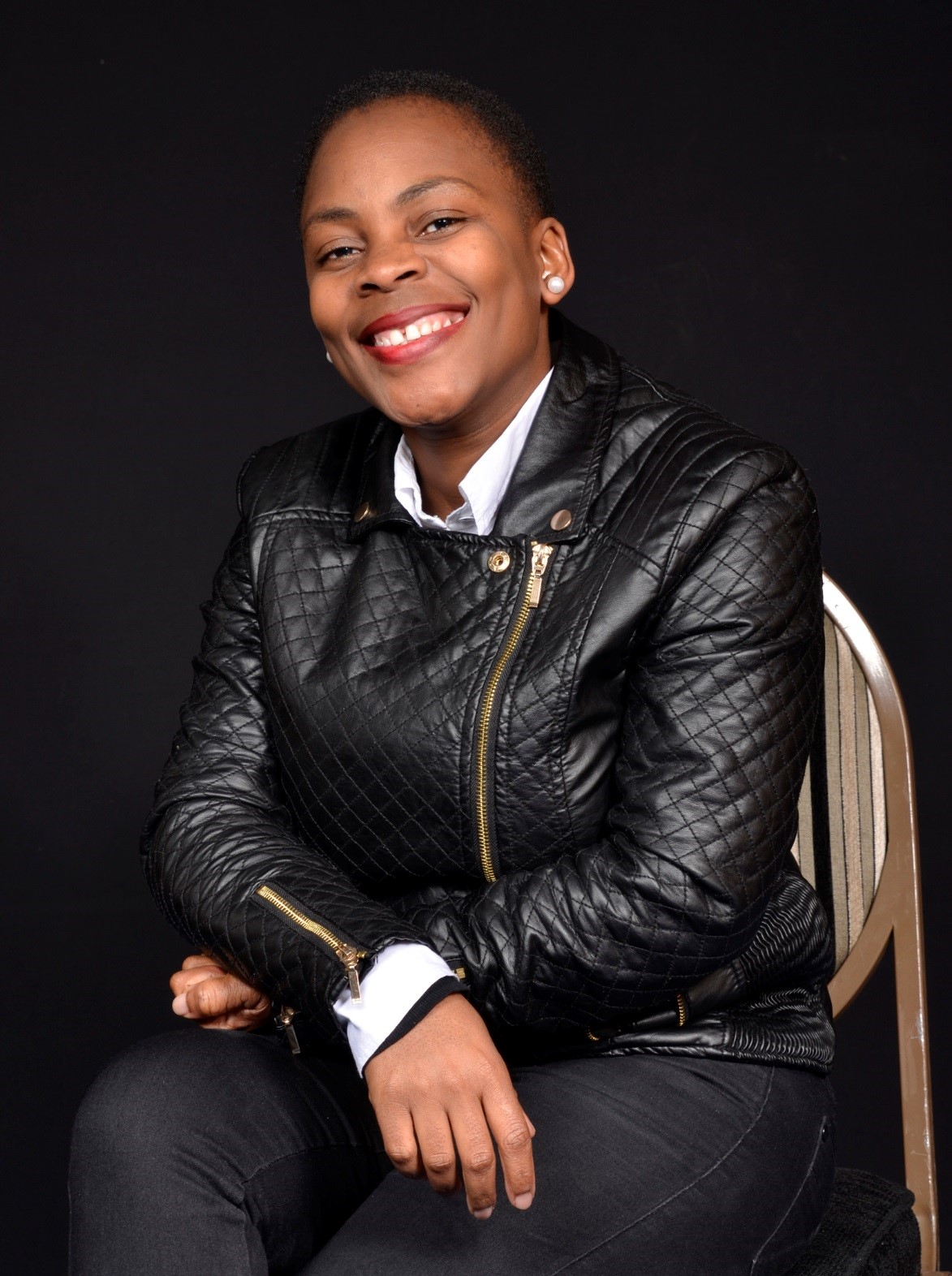 NL: In 2012, the Unisa Council adopted the Environmental Sustainability Policy which strives to foster a culture and understanding of environmental sustainability among employees, students and other stakeholders, as well as infuse identified environmental risks and opportunities into teaching, learning, research and the community engagement activities of Unisa.
NL: In 2012, the Unisa Council adopted the Environmental Sustainability Policy which strives to foster a culture and understanding of environmental sustainability among employees, students and other stakeholders, as well as infuse identified environmental risks and opportunities into teaching, learning, research and the community engagement activities of Unisa.
In light of this, the Action Learning Plan identified by the “Iphepha” Team wanted to explore the current reality regarding the promotion of the abovementioned policy, specifically focusing on printing and paper recycling.
The project looked at departments within three colleges – College of Economic and Management Sciences, the College of Agriculture and Environmental Sciences and the College of Human Sciences. The aim was to determine how to take the policy further in terms of printing practices at the university and how to ensure that the guidelines of this policy are met regarding terms of sustainable practices with paper usage.
The group believed that this investigation will potentially have financial, environmental and community engagement benefits. It will also assist Unisa in “living up to its name” as it will continue to assist in promoting the “e” (electronic learning) of the ODeL institution.
WG: As part of the YAP, we had to conduct a work-based learning project that could inform the way we do things at Unisa. In collaboration with a group of other young academics, Catherine Sephapo (CEMS), Sumaiyah Ahmed (CEMS), Vusumuzi Msiza (CAS), Dr Dennis Ikpe (CSET) and Mdungazi Maluleke (CAES), we assessed the university’s current e-tutor practices. The primary purpose was to broaden our understanding of how the perceptions of students, lecturers and e-tutors influence their engagement with the e-tutoring support system implemented by the university in 2013.
Q: Why did your group choose this topic and how can we implement the outcomes at Unisa?
NL: We chose this topic because at the present moment it seems as if the Unisa community is not aware of the policy and its goal. The College of Human Sciences has to be sensitised about the policy and we have active champions that will monitor the use of paper and the departments through ICT will be informed and coached on implementing the policy. The reality is Unisa in South Africa is the only university that has the policy in place that is linked to the King II Code and Report and also UNGC plan for 2030.
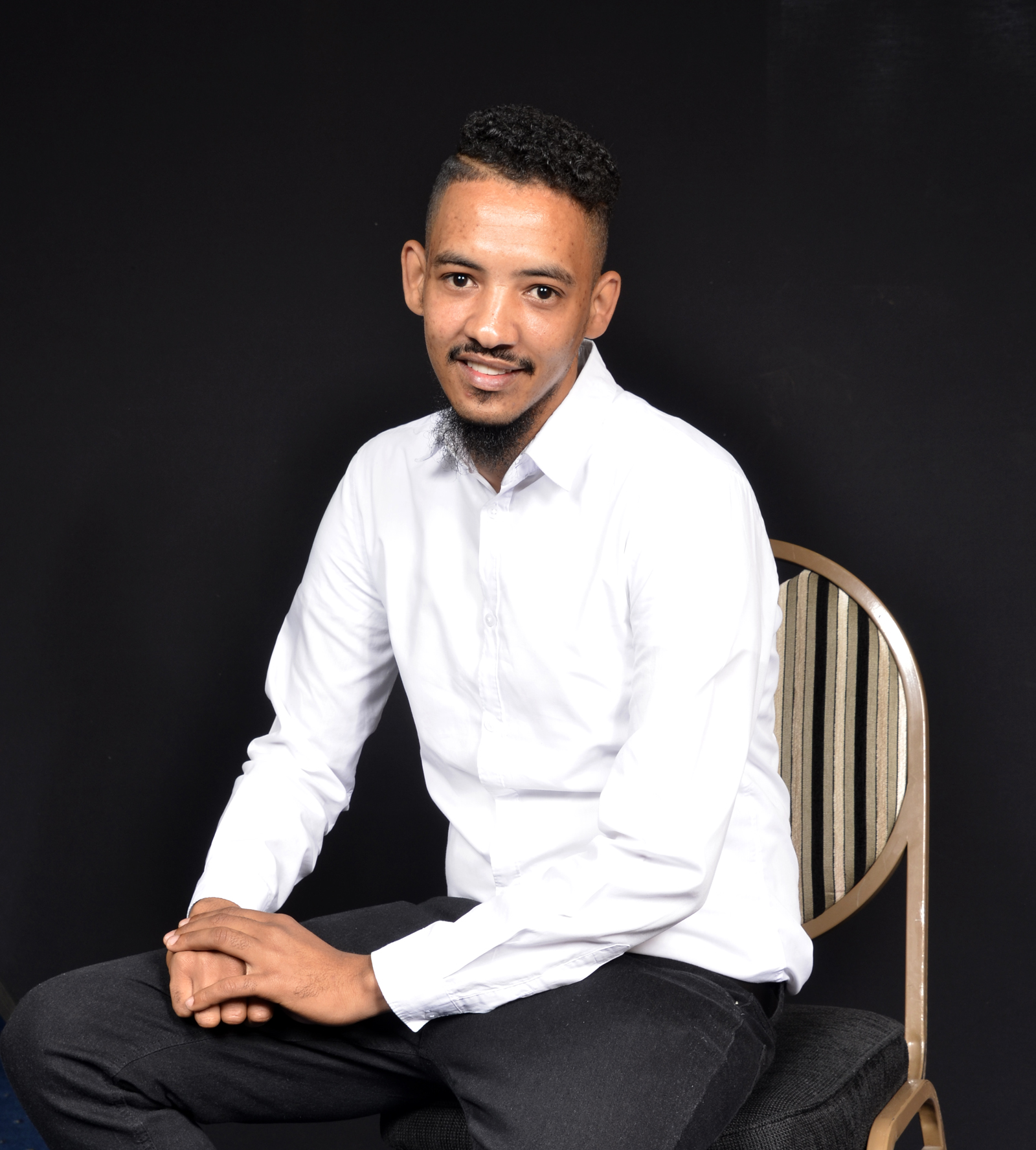 WG: This project arose out of a common interest in teaching and learning shared amongst my fellow team members and the fact that the university is incrementally moving towards the full implementation of online teaching as a long-term goal. Given this, we deemed reflective learning from Unisa’s operational practices crucial to innovation and enhancing the learning experience of our students.
WG: This project arose out of a common interest in teaching and learning shared amongst my fellow team members and the fact that the university is incrementally moving towards the full implementation of online teaching as a long-term goal. Given this, we deemed reflective learning from Unisa’s operational practices crucial to innovation and enhancing the learning experience of our students.
We employed a mixed method research approach for the project that involved focus-group discussions with e-tutors and naive sketches with lecturers. We reached 647 students from the different colleges in the university through a questionnaire that contained both open-ended and close-ended questions.
The main finding of our project was reassuring, when it showed that all the stakeholders, held positive views about the e-tutor student support system. The results revealed some pertinent clues about how we can improve the efficacy of our electronic teaching practices as well.
Adequate student participation in e-tutor activities emerged as a serious challenge for our e-tutors. Our findings showed there might be a need to incentivise student participation, and that our electronic teaching practices need to transcend traditional text-based methods by harnessing the power of audio-visual technologies to transform the way we teach and its impact on student learning.
Our e-tutors displayed a general understanding of their roles and was satisfied with the support provided by lecturers. However, our results highlighted that the performance management of e-tutors stands to benefit from the implementation of 360-degree feedback as a way of providing better support to our students. The project further showed that “fraudulent and predatory” e-tutors hamper the initiatives of UNISA appointed e-tutors as they “spoon feed” information to our students instead of sharpening their critical thinking skills.
Lecturer views about the e-tutor student support system was overwhelmingly positive, but the late linking of e-tutors to modules arose as a challenge. In response to this, we recommend that the appointment of e-tutors take place at least a semester in advance. The findings also showed that the support guidelines provided to e-tutors by lecturers are too generic and that there is a need to develop module specific guidelines to avoid inconsistencies in the quality of support provided to students registered for multiple modules.
Overall, the results echoed the need for a collaborative approach, based on an interest in the needs of our students, between lecturers, e-tutors and ICT experts in the Directorate for University Teaching and Learning Development (DUTLD).
Q: How has the YAP shaped you?
NL: The programme has shaped me in many ways especially in term of student support, research and so forth. As young academic, I would like to be involved in the issues pertaining the curriculum transformation. I believe that I can transfer and share more in term of curriculum especially in my department and other departments.
WG: The YAP was intense and overwhelming at times, yet, it was an immensely rewarding experience. The programme exposed us to a comprehensive set of professional skills including personal mastery, leadership, public speaking, innovative teaching tools, community engagement and research amongst others. Another highlight for me was engaging with my colleagues from different academic disciplines to my own, which created a space to share best practices and forming networks that would not have taken shape otherwise.
The experience was truly transformative in that it helped me understand myself a little better and to work collaboratively with and in a dynamic group of individuals. Most importantly, I have a renewed understanding of my role and the contribution I can make as a young academic at the university. I look forward to the full implementation of the skills I gained during the programme.
* By Rivonia Naidu-Hoffmeester (CHS communications and marketing)
Publish date: 2017-12-07 00:00:00.0

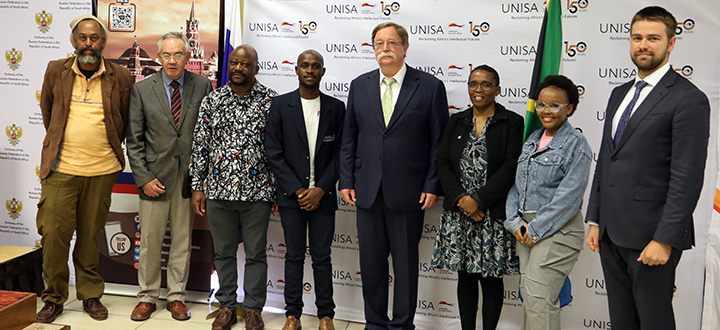 Unisa's student leadership engage with Russian ambassador
Unisa's student leadership engage with Russian ambassador
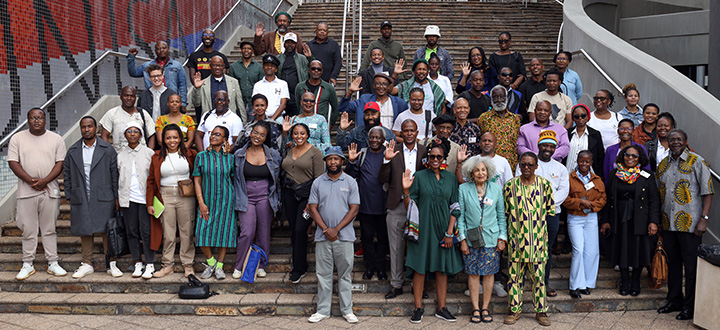 Re-igniting and re-imagining Pan Africanism, Afrocentricity and Afrofuturism in the 21st century
Re-igniting and re-imagining Pan Africanism, Afrocentricity and Afrofuturism in the 21st century
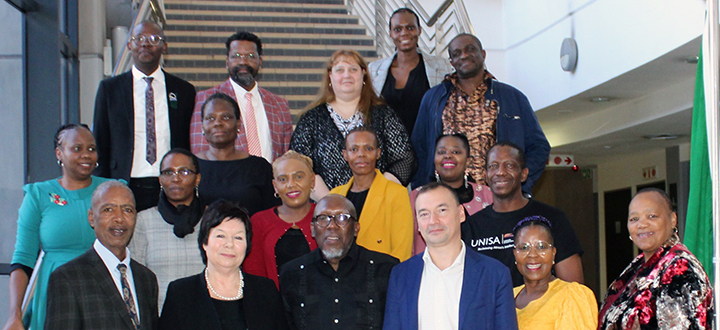 Unisa and Russian State University for the Humanities explore collaborative opportunities
Unisa and Russian State University for the Humanities explore collaborative opportunities
 Young Unisa science stars join elite Lindau Nobel Laureate group
Young Unisa science stars join elite Lindau Nobel Laureate group
 Education MEC addresses Unisa autism seminar
Education MEC addresses Unisa autism seminar